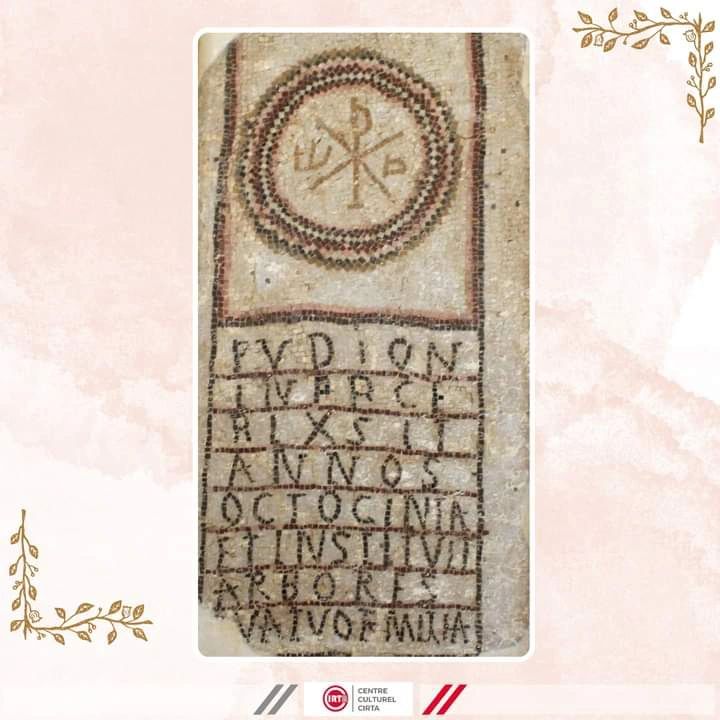In the late 5th century AD, a man named Dion left behind a legacy that speaks to his deep love for his homeland. A mosaic inscription, discovered on his tomb, tells the story of this remarkable man who, over the course of his 80-year life, planted 4,000 olive trees with his own hands. 🌿
This inscription, now displayed at the Enfidha Museum in Tunisia, is a lasting tribute to Dion’s dedication and connection to the land. His story is a testament to how one individual’s love for nature and his country can leave an enduring mark on the environment and the hearts of those who remember him. 💚
Dion’s devotion to planting olive trees—an iconic symbol of Mediterranean culture and sustainability—highlights the importance of preserving and nurturing natural resources. His life’s work ensured that generations after him could benefit from the fruits of his labor, literally and metaphorically.
By honoring this man’s memory with such a beautiful mosaic, the people of his time recognized not only the personal significance of his efforts but also their broader impact on society and the environment. Today, Dion’s story continues to inspire admiration and respect for his dedication to his country and the enduring power of nature. 🌿
If you ever visit Tunisia, make sure to explore the Enfidha Museum and witness this piece of history that celebrates a man whose love for his homeland took root in the soil and grew into something magnificent.











